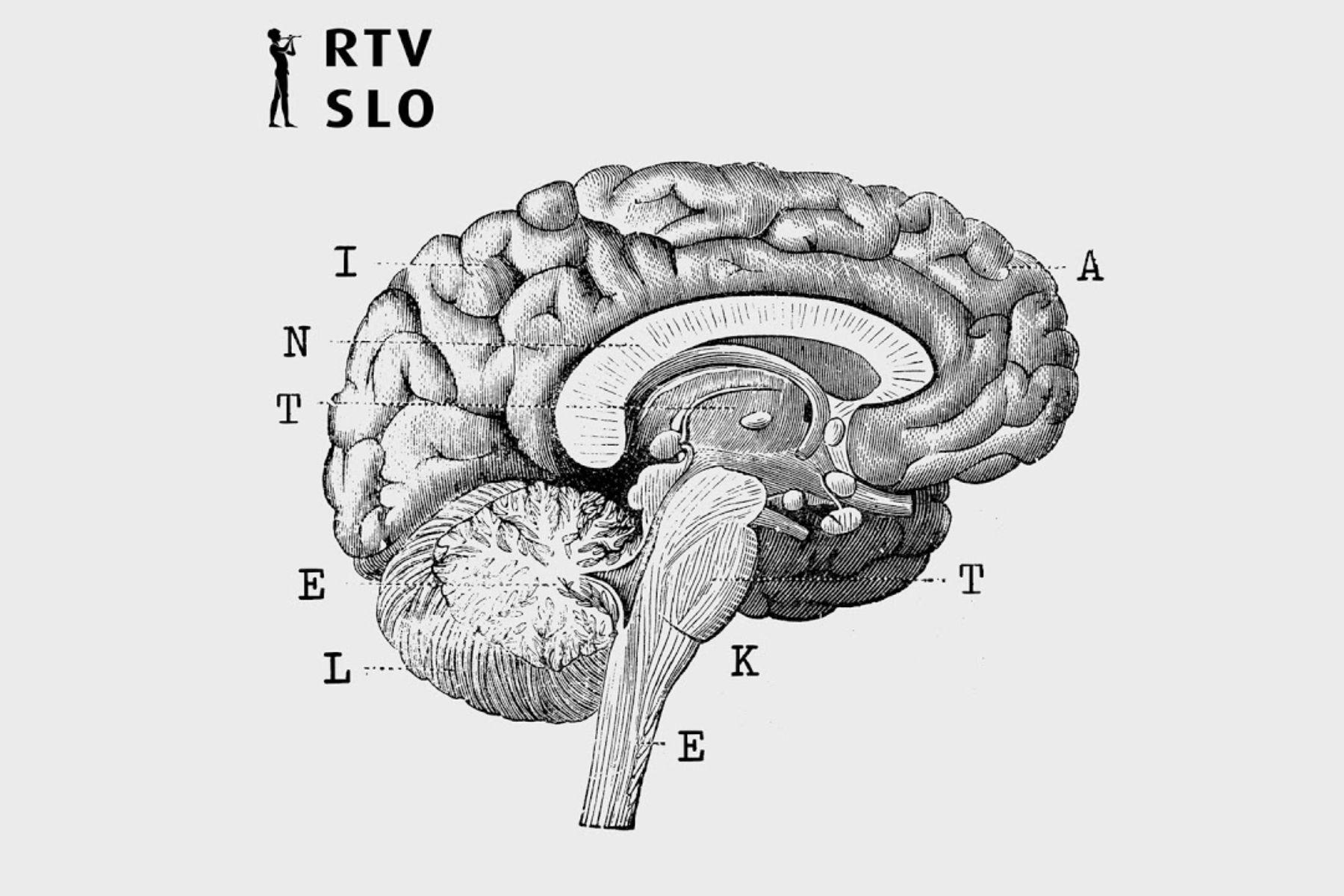In 2013 and 2014, I had the unique privilege of working as a neuroscience researcher at the University of California, San Diego (UCSD), in the Opti Brain Lab led by Dr. Martin Paulus. Our mission was to better understand what makes certain individuals—such as US Navy SEALs, Marines, and Olympic athletes—mentally resilient in the face of extreme stress and physical challenge.

As part of this work, I co-authored two peer-reviewed scientific studies published in leading academic journals: Behavioral Neuroscience and Biological Psychology.
The first study, titled “A pilot study investigating changes in neural processing after mindfulness training in elite athletes” (Frontiers in Behavioral Neuroscience, 2015), examined how mindfulness practice impacts the brain. We worked with elite athletes to evaluate the effects of a mindfulness-based program (mPEAK) on attention, interoception (awareness of internal body signals), and stress regulation. Our findings showed measurable changes in brain activation—particularly in the insula and anterior cingulate cortex—indicating increased awareness and improved recovery from physiological stressors.
The second study, titled “When the brain does not adequately feel the body: Links between low resilience and interoception” (Biological Psychology, 2016), focused on how different levels of psychological resilience are reflected in the brain. Using fMRI, we discovered that individuals with low resilience show heightened neural responses to internal stress (like restricted breathing), but paradoxically report less conscious awareness of these sensations. This disconnect may impair their ability to adapt effectively in high-pressure environments.
These projects gave me deep insight into the neural mechanisms of resilience and laid the foundation for the work I do today—helping others train their minds, build self-awareness, and perform at their best, both in sport and in life.





Share:
TEDx Talks: Do Pilots Need Mental Training?